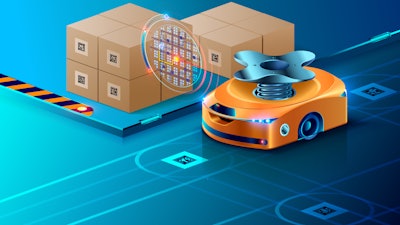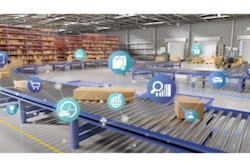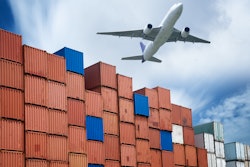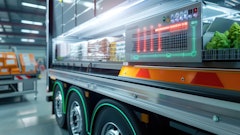
As the global supply chain crisis continues to disrupt the retail industry, consumers are being forced to change their shopping habits and buy local for speed and availability, according to SOTI.
“Brands and retailers are being forced to pause and think again about how they approach customer relationships and go-to-market strategies in response to these issues. They need to have insightful data at their fingertips to cater to these consumer preferences and combat consumer impatience, while considering that we’re still very much in a state of fluctuation. There is now a premium on the flexibility that allows brands to provide the best possible customer experience, no matter how or where customers shop,” says Shash Anand, VP of product strategy at SOTI.
From SOTI:
- Consumers are feeling the effects of supply chain issues firsthand, with over half (57%) of global consumers saying they have recently experienced one or more items not being available, have had to purchase alternatives when preferred products were not available or have had to go to different retailers to find items in stock.
- Worse still, over one-third (35%) of shoppers said items they wanted to purchase have not been available at all.
- Compounding these supply issues, more than one-third (34%) said they feel delivery times have been slower than usual and more than half (53%) said that shipping/delivery time is the most frustrating aspect of ordering online.
- More than one-third (36%) said that if delivery or pickup of an item takes longer than two days, they will look elsewhere.
- Looking to the future, when asked if they would consider using any of the following alternative delivery options in 2022, 63% said they would consider in-store delivery/collection and half (50%) would consider delivery to a designated drop-off point.
- Almost half (46%) said they would consider either autonomous vehicles to deliver larger packages to their home or another convenient location, or delivery drones to deliver small packages (43%).
“Mobile technology can help retailers to improve communications and customer experience across all relevant channels and media. By ensuring they have mobile-enabled operational intelligence, brands and retailers can diagnose problems quickly and adapt fast to meet developing consumer needs and preferences. In this rapidly shifting retail environment, the only certainty is uncertainty. By ensuring consumers have choice and flexibility, brands and retailers, as well as their logistics partners, will be prepared for all eventualities,” says Anand.

![Pros To Know 2026 [color]](https://img.sdcexec.com/mindful/acbm/workspaces/default/uploads/2025/08/prostoknow-2026-color.mduFvhpgMk.png?auto=format%2Ccompress&bg=fff&fill-color=fff&fit=fill&h=100&q=70&w=100)








![Pros To Know 2026 [color]](https://img.sdcexec.com/mindful/acbm/workspaces/default/uploads/2025/08/prostoknow-2026-color.mduFvhpgMk.png?ar=16%3A9&auto=format%2Ccompress&bg=fff&fill-color=fff&fit=fill&h=135&q=70&w=240)








